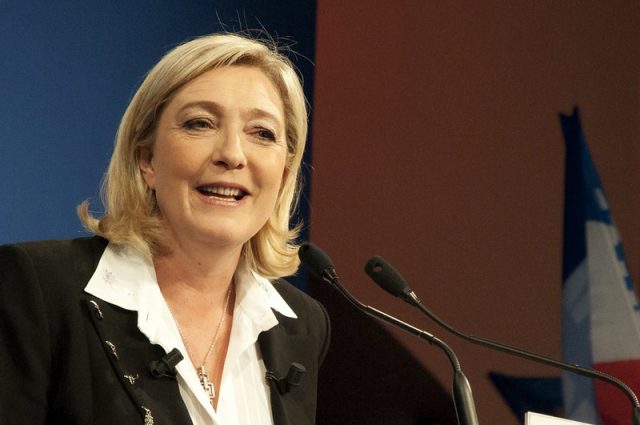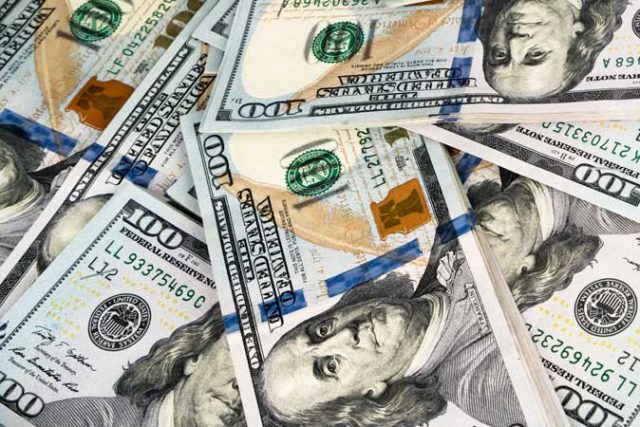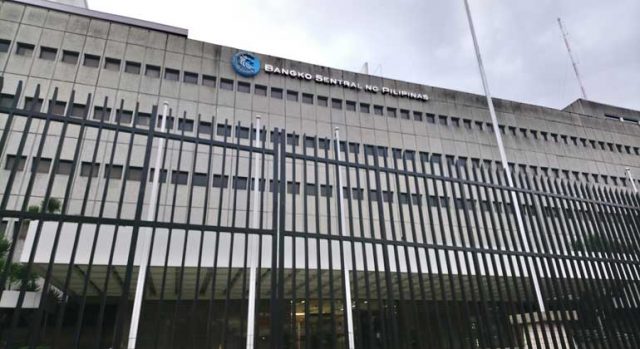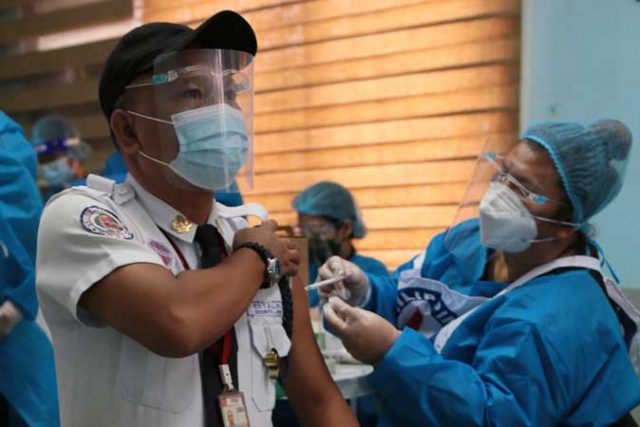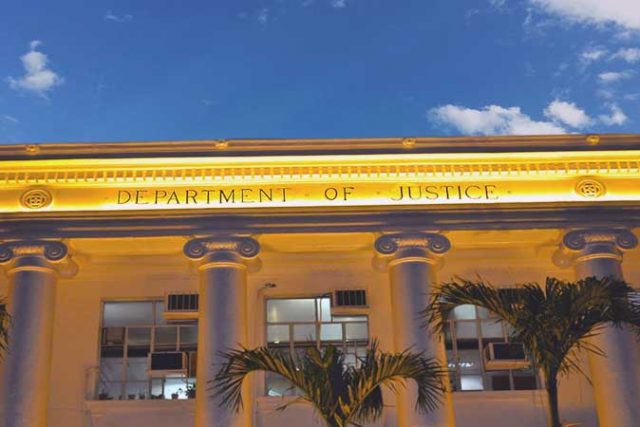Rohingya artists tackle COVID-19 fears as refugees wait for vaccines
DHAKA — Busy with his brushes beneath a tarpaulin roof, Rohingya artist Ansar Ullah works on a mural depicting a giant vial of coronavirus disease 2019 (COVID-19) vaccine towering over the ramshackle homes of the world’s largest refugee settlement in Bangladesh.
More than 700,000 Rohingya who fled Myanmar in 2017 live in Bangladesh’s refugee camps, where a vaccination drive scheduled to start in March has been postponed indefinitely due to delays in supplies from the COVAX program, the United Nations said.
COVID-19 cases have remained relatively low despite a recent uptick, but the artists said many refugees have misconceptions about the coronavirus vaccines, which they aim to allay through their work.
“Firstly, we hope someone or some organization sees this painting and helps us get vaccines. Our camps are crowded and we need them the most,” Mr. Ullah, 26, told the Thomson Reuters Foundation by phone.
“There are also fears about the vaccine in our camps. Some are scared they might die or that their health might worsen because of the injection. We want to address these rumors, so that when the vaccine does come, everybody takes it,” he added.
Painted ahead of Sunday’s World Refugee Day by a dozen artists, the mural also depicts a refugee receiving the jab and a man using a megaphone to challenge vaccine hesitancy and encourage camp residents to get vaccinated as soon as possible.
“Fear and stigma around COVID-19 has proven to be a major barrier to people getting tested,” Louise Donovan, a spokesperson for the office of the United Nations High Commissioner for Refugees (UNHCR), said by e-mail.
“Hence major efforts are being undertaken to ensure that refugees have adequate information when the vaccination campaign will begin,” she added.
Mr. Ullah and his fellow artists are supported by New York-based nonprofit Artolution, and their project is the latest in a series of arts-based initiatives aimed at tackling issues in the camps — from gender-based violence to mental health concerns.
THE WEDDING SINGER
Rohingya singer Nabi Hossain used to perform at weddings back home in Myanmar, but last year the 50-year-old visited homes around the camps to sing songs about the importance of wearing face masks and respecting social distancing.
“The same messages are given by authorities through megaphones, but people understand the messages better through music,” said Mr. Hossain, 50, who was forced to leave for Bangladesh after his village was destroyed during a military crackdown.
UN investigators later concluded that Myanmar’s military campaign was executed with “genocidal intent.” Myanmar denies that, saying the army was battling an insurgency.
While most of Mr. Hossain’s family made it safely across the border, two of his sisters who lived in another village were killed.
Mr. Hossain said he still grieved for his sisters, but that singing songs about them brought some relief.
“It’s not just me. Many Rohingya have lost their relatives. They ask me to sing about them. They cry when I sing about those days. But they also laugh when I sing happy songs. Some of them even record the songs and take them back,” he added.
Max Frieder, executive director and co-founder of Artolution, said he had witnessed “massive improvements” in the mental health of the artists he has worked with in recent years.
“The shifts we’ve seen are not always quantitative, but qualitative … We’ve seen our artists, many of whom have had traumatizing experiences, go from becoming victims to survivors to becoming agents of social change,” he said.
Numerous murals adorn the plastic and bamboo structures at the camps in Cox’s Bazar, a city in southeastern Bangladesh, and many contain broader references to Rohingya culture.
One shows an elephant crossing the river Naf, which thousands of Rohingya had to pass as they fled Myanmar four years ago, and being welcomed by a rooster symbolizing Bangladesh.
Even when the artists work in partnership with UN agencies and are given set themes, camp residents come up with the ideas for the murals — often after a discussion about key social issues with other members of the community, Mr. Frieder said.
‘MUST FOR SURVIVAL’
Before the pandemic, theater was widely used in the camps to highlight residents’ concerns, too.
The Bangladesh Institute of Theatre Arts (BITA), a nonprofit, organized more than 1,200 plays on issues including trafficking, drug abuse and early marriage, and the entity’s executive director, Sisir Dutta, said they had raised awareness.
“Take the trafficking cases. Initially many adolescents didn’t even know the term, let alone the dangers. But when they could visualize it, they understood how brokers worked and how their life could be in danger,” he said.
Many arts-based projects have seen their activities reduced during the pandemic, said Ms. Donovan, but she added that the UNHCR aimed to boost community-led art projects later in the year in partnership with groups like Artolution.
Another of the COVID-19 mural painters, Ayla Akter, 18, said the artistic initiatives were “a must for survival” in the camps.
“As long as we sit together and paint, life in the camp feels really good,” she said. “I don’t really have anything else to look forward to. This gives my mind peace.” — Naimul Karim/ Thomson Reuters Foundation


